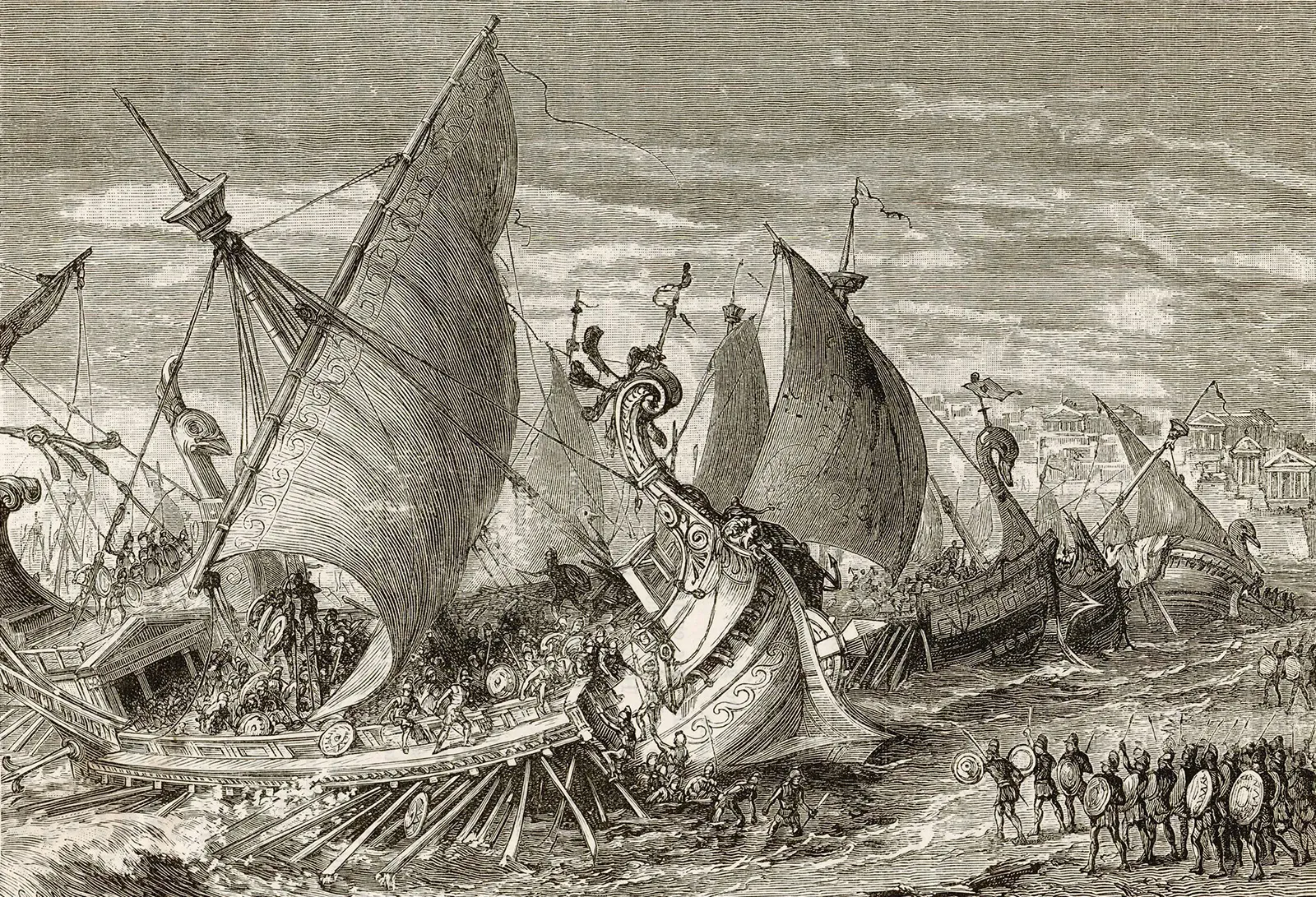the journey to ithaka
give it first to Homer and then, 2600 years later, to Kavafis and you get something that rises above all of us.
platitudes aren’t all to be avoided, corny is not to be scorned by the self-proclaimed cultured. I remember Mario Vargas Llosa coming to the defense of corny (cursi) in an interview a couple decades ago. “It’s around us, it’s what life’s little moments are about, there is a place therefore for cursi in literature.”
And there’s literature and Literature. Take this overused cliche about life’s the journey, not the destination, and give it first to Homer and then, 2600 years later, to Kavafis and you get something that rises above all of us.
ithaka
As you set out for Ithaka
hope your road is a long one,
full of adventure, full of discovery.
Laistrygonians, Cyclops,
angry Poseidon—don’t be afraid of them:
you’ll never find things like that on your way
as long as you keep your thoughts raised high,
as long as a rare excitement
stirs your spirit and your body.
Laistrygonians, Cyclops,
wild Poseidon—you won’t encounter them
unless you bring them along inside your soul,
unless your soul sets them up in front of you.
Hope your road is a long one.
May there be many summer mornings when,
with what pleasure, what joy,
you enter harbors you’re seeing for the first time;
may you stop at Phoenician trading stations
to buy fine things,
mother of pearl and coral, amber and ebony,
sensual perfumes of every kind—
as many sensual perfumes as you can;
and may you visit many Egyptian cities
to learn and go on learning from their scholars.
Keep Ithaka always in your mind.
Arriving there is what you’re destined for.
But don’t hurry the journey at all.
Better if it lasts for years,
so you’re old by the time you reach the island,
wealthy with all you’ve gained on the way,
not expecting Ithaka to make you rich.
Ithaka gave you the marvelous journey.
Without her you wouldn’t have set out.
She has nothing left to give you now.
And if you find her poor, Ithaka won’t have fooled you.
Wise as you will have become, so full of experience,
you’ll have understood by then what these Ithakas mean.
C.P. Cavafy, full version written October 1910
(translation by Edmund Keeley and Philip Sherrard)

